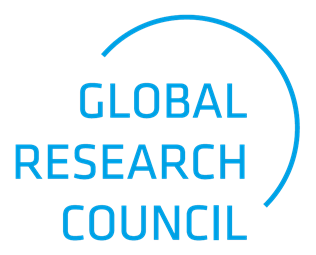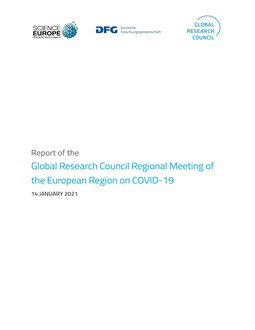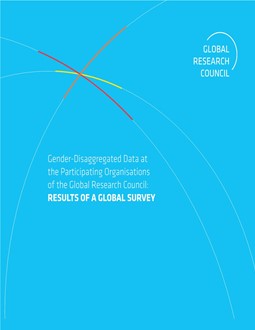
Global Research Council
The Global Research Council (GRC) is a global virtual organisation dedicated to building or enhancing collaboration across the international research funding community. To this end it promotes dialogue, and the sharing of best practices and data for high-quality collaboration among funding agencies worldwide. Science Europe is a long-time GRC member and is committed to supporting its mission.
The purpose of the Global Research Council is to:
- To improve communication and cooperation among funding agencies;
- To promote the sharing of data and best practices for high-quality research cooperation;
- To provide a forum for regular meetings of the Heads of Research Councils;
- To respond to opportunities and to address issues of common concern in the support of research and education;
- To be a resource for those institutions wishing to build a world-class research landscape;
- To explore mechanisms that support the global science enterprise and the worldwide research community.
Science Europe and the GRC
Science Europe has been an active participant of the GRC since its foundation in 2011 and contributes to its work at governance and operational level. In the various fora of the GRC, Science Europe contributes to the discussions on research funding policy issues and strategic global R&I matters.
Science Europe is a regular co-host of the GRC's regional European meetings, normally in partnership with other GRC European Participants. Regional meetings in the five GRC regions (Americas, Asia-Pacific, Europe, Middle-East and North Africa, and Sub-Saharan Africa) are instrumental to prepare Annual Meetings and serve as an opportunity to develop new and enhance existing relationships between organisations.

The GRC and COVID-19
Most recently, together with the German Research Foundation (DFG), Science Europe hosted the Global Research Council Regional Meeting of the European Region on COVID-19 where representatives from research funding organisations, the European Commission, the World Health Organisation, and governmental advisors discussed the challenges and success stories in how funding organisations have dealt with the impact of COVID-19 on their core business, the impact of the pandemic on the global research and innovation system, the implication for future international collaboration, and the challenge of integrating scientific advice into policy making. Discover all the reports from the different regional meetings here.
Governing Board and Executive Support Group
The GRC's Governing Board consists of up to twelve heads of national research councils that are active participants in the GRC and balance is maintained to ensure representation of the five world regions covered by GRC participants. Currently, the Governing Board members representing the European Region are:
| Katja Becker (Chair of the Governing Board) |
President, German Research Foundation (DFG) Germany |
| Mark Ferguson | Director General of Science Foundation Ireland (SFI) Ireland |
| Marc Schiltz | President of Science Europe and Chief Executive Officer of the Luxembourg National Research Fund (FNR) Europe/Luxembourg |
As part of its commitment to operational aspects, the Science Europe Office is also a member of the Global Research Council's Executive Support Group (represented by Mathilde Reumaux, Senior Policy Officer at Science Europe).
Gender Working Group
Gender Working Group (GWG) promotes gender-sensitive research policies and the integration of the gender and sex dimensions in the content and design of research. Science Europe is a long-standing member of the group and one of its current co-chairs (represented by Adrien Braem, Senior Policy Officer at Science Europe) alongside the São Paulo Research Foundation (FAPESP)
The group has just released its first survey report on gender-disaggregated data, this landmark study provides an opportunity for benchmarking and a better understanding of the needs of different research systems.
Responsible Research Assessment Working Group
Formed in September 2021, the Responsible Research Assessment Working Group (RRA WG) covering 17 organisations from all five regions of the GRC, including Science Europe as a member (James Morris, Senior Policy Officer). The group will be co-chaired for an initial 2-year term by UK Research and Innovation (Claire Fraser), and King Abdulaziz City for Science and Technology, Saudi Arabia (Professor Mohammed Ahmad S. Al-Shamsi), and full membership details are listed on the GRC website.
The group was formed based on a ‘Call to Action’ endorsed by the GRC in May 2021. This Call to Action calls on participant organisations to to embed existing RRA principles in their processes and criteria and take concrete actions to incentivise and fulfil RRA ambitions. Following this, the GRC Responsible Research Assessment (RRA) working group was launched for the following key purposes:
- to advocate for the importance of RRA; and
- to provide guidance and support to participant organisations on embedding RRA in their practices, as well as in the organisations they fund.


